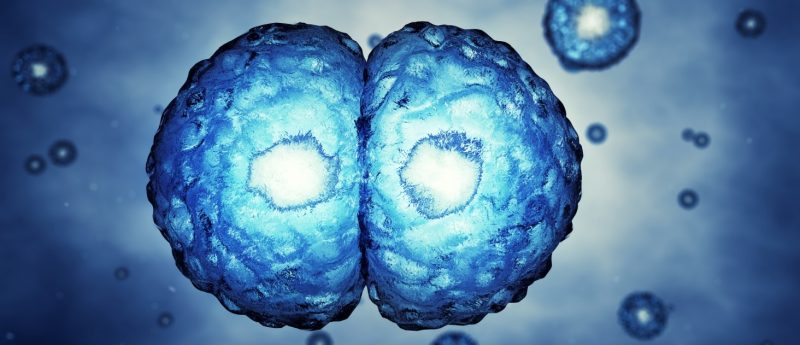Totipotentially more efficient reprogramming method goes beyond inducing pluripotency

Chromatin reprogramming technique that generates embryonic-like totipotent cells discovered by European and Japanese researchers
One- or two-cell embryos are consist of totipotent cells capable of generating every cell type of the body, placenta and umbilical cord. Thirty-cell embryos, the blastocyst stage, contain pluripotent or embryonic stem cells that can differentiate into any tissue, but cannot alone generate a fetus. Following several rounds of cell division, these cells have lost plasticity compared with their totipotent predecessors.
For years scientists have been able to reprogram differentiated cells into pluripotent cells. However, in a collaborative effort between INSERM (Paris, France), the Max Planck Institute for Molecular Biomedicine (Münster, Germany) and University of Yamanashi (Yamanashi, Japan), researchers finally managed to reprogram cells into totipotent cells.
Cells resembling two-cell-stage embryos, known as 2C-like cells, spontaneously arise at a very low rate in embryonic stem cell cultures. Comparing these with early embryo cells, the researchers found totipotent cells have less condensed DNA a lower amount of the protein complex CAF1. CAF1 is already known for its role in the assembly of chromatin, and was found to be responsible for maintaining cell pluripotency.
Based on this hypothesis, the researchers inactivated the expression of the CAF1 complex of mouse embryonic stem cells in vitro, leading to chromatin becoming less condensed state and the cells developing characteristics that correspond to those of two-cell embryos. This discovery will help provide a deeper understanding of totipotency, and owing to the cells’ increased flexibility could potentially increase the efficacy of reprogramming somatic cells for regenerative medicine therapies.
Sources: http://presse-inserm.fr/en/from-pluripotency-to-totipotency/20082/; Ishiuchi T, Enriques-Gasca R, Mizutani E et al. Early embryonic-like cells are induced by downregulating replication-dependent chromatin assembly. Nat. Struct. Mol. Biol. doi:10.1038/nsmb.3066. (2015) (Epub ahead of print).